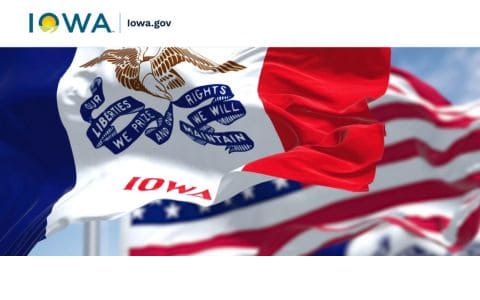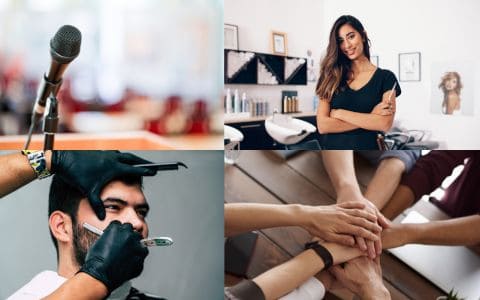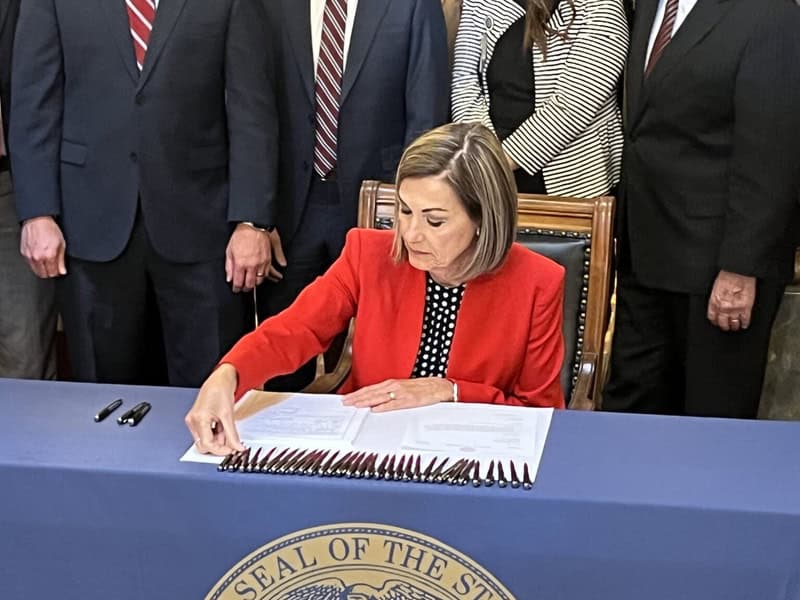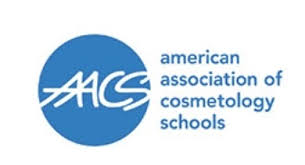Frequently Asked Questions: Overview of the Iowa Board of Barbering and Cosmetology Arts & Sciences
As a member of the Iowa Board of Barbering and Cosmetology Arts & Sciences, I’m dedicated to transparency and education about our work. Below are answers to common questions about the board’s structure, purpose, and operations. This information is drawn from Iowa Code Chapter 147 and Iowa Administrative Code (IAC) rules under Agency 481, which govern professional licensing boards. 1. What is the Iowa Board of Barbering and Cosmetology Arts & Sciences? The Iowa Board of Barbering and Cosmetology Arts & Sciences is a state regulatory body under the Department of Inspections, Appeals, & Licensing (DIAL). Established through the merger…











